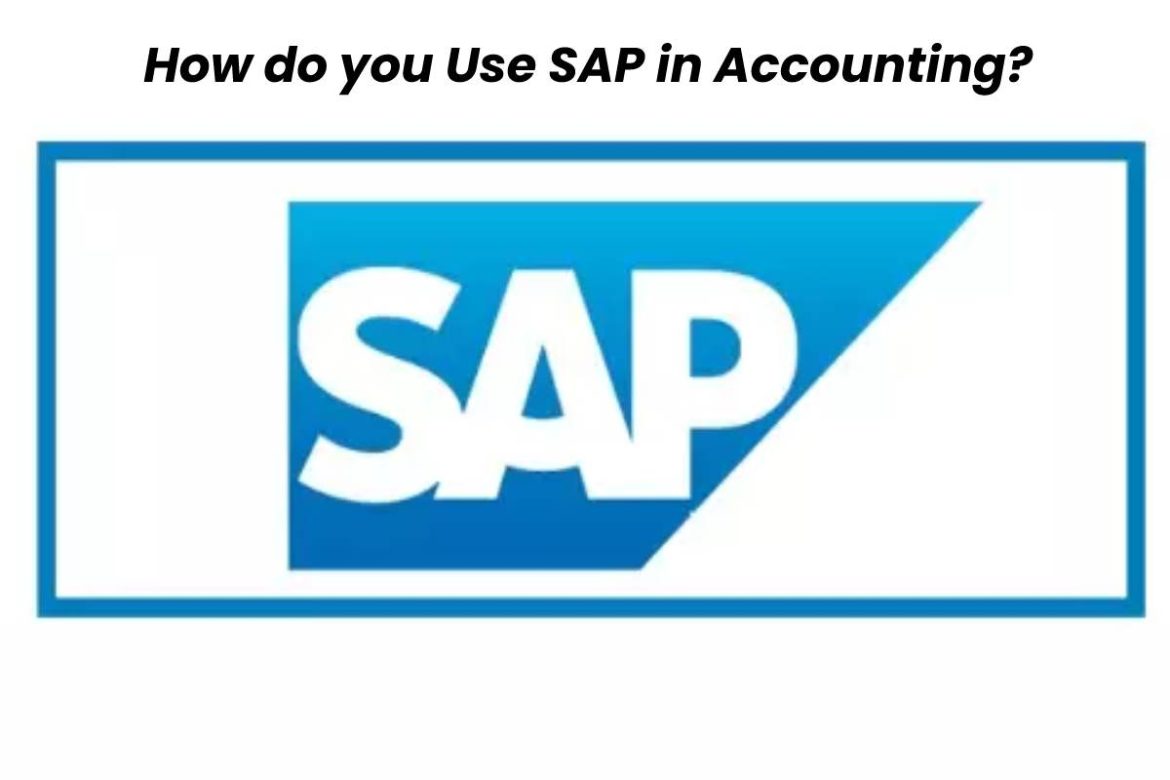SAP in Accounting – For a long time since its launch in 1972, SAP solutions were restricted to the domain of inventory management. Over decades of advancement, the German software giant has transformed itself into one of the leading providers of enterprise resource planning solutions for various industries and processes of an enterprise.
Each specific department within an organisation is handled by different modules, e.g., SAP Accounting, Financials, Product management, etc. SAP aims to deliver effective software that facilitates data management and enables organised work.
In this article, we take a brief look at why and how SAP is used in accounting by glancing over some of the basic components of the SAP modules available for businesses.
Table of Contents
Using SAP in Accounting and Finance
Accounting handles the maximum amount of data and manages a lot of documents, manually controlling which can be a challenging task as the company grows. To resolve such problems, SAP Accounting modules can be used to manage diverse accounting data from a unified system.
These modules, especially are specifically designed to automate the accounting systems in enterprises. Therefore, various accounting tasks, like maintaining balance sheets, ledgers, profit, and loss documents, etc., can all be managed using an ERP system and the data can be available to everyone from a single, centralised system.
Moreover, for SMEs with multiple branches in various locations, all the financials for different currencies can be integrated and managed easily and accurately from the headquarters, which is crucial when expanding to new locations overseas.
Various Components of the SAP Financials and Accounting Module
The SAP Accounting system consists of several components and businesses looking to implement SAP Business One and other ERPs must gain a preliminary idea about how these modules function beforehand.
-
SAP General Ledger
The General Ledger manages all external accounts of the organisation and records all the transactions, providing a real-time assessment of the cost accounting areas.
-
Accounts Payable and Receivable
The Payables and Receivables modules are used to create balance sheets and account statements for all the components and data for vendors and customers, respectively.
-
Financial management
The SAP B1 can be used to automate the handling of all key accounting processes and improve their accuracy and efficiency. These tasks include journal entries, managing cash flow, tracking fixed assets, controlling the budgets, and monitoring project costs.
-
Sales and opportunity management
A highly capable ERP like SAP Business One also enables businesses to oversee the entire sales process more efficiently, tracking all sales activities and opportunities from the initial contact to deal closing. Readymade templates can be used to design detailed reports on various aspects of the sales process too.
-
Asset Management
The Asset Management module is specifically designed to manage the fixed assets of the companies, enabling project managers to supervise these holdings by studying their detailed reporting data.
SAP Accounting systems enable organisations to manage huge databases from a single unified system without hiring data analysts or dedicated IT professionals. A centralised data management system improves the credibility and security of the system, allowing businesses to expedite their growth. SAP recognised experts like Signum Solutions conduct thorough research about different avenues of your business operations before suggesting the ideal course of action for the SAP implementation for your enterprise.


